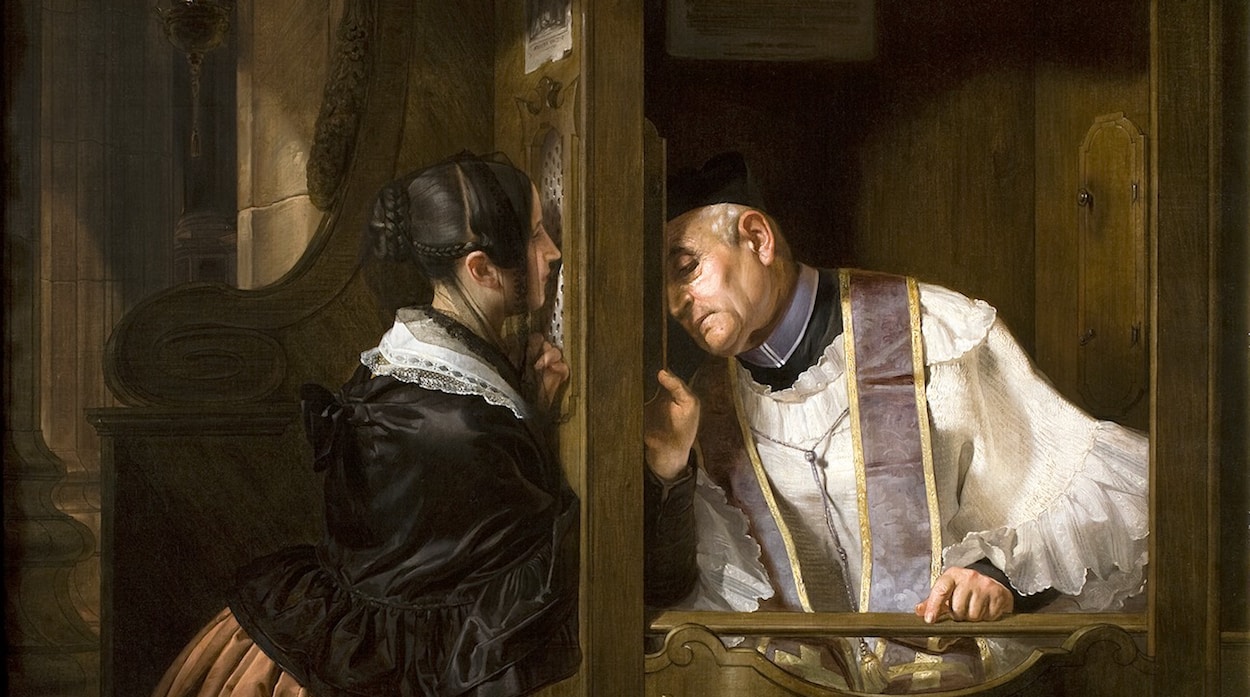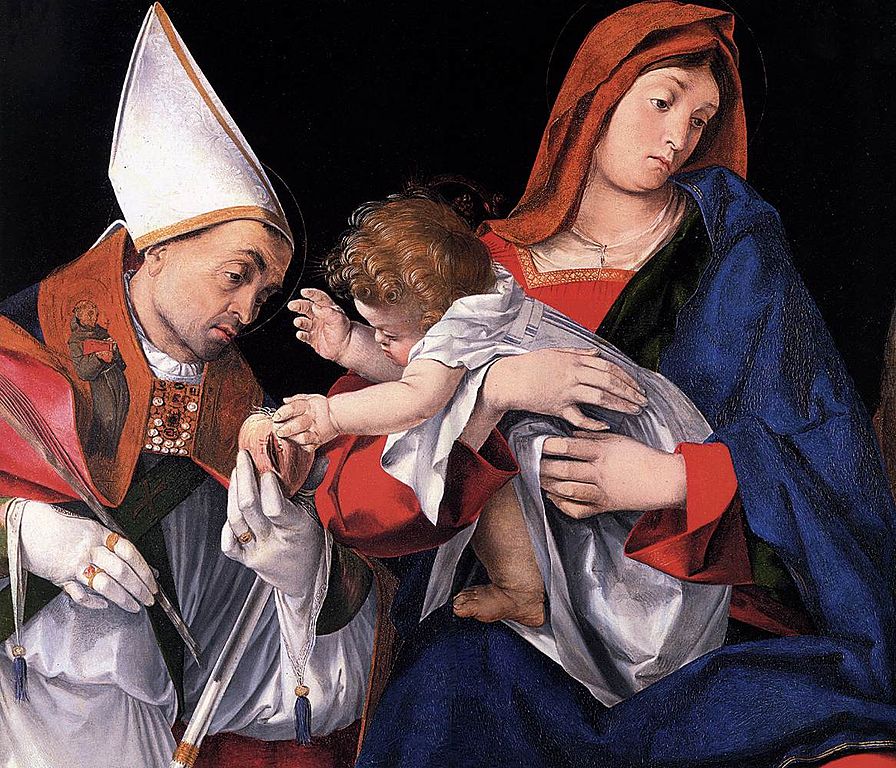Every year since 9/11/2001, people have gathered at Ground Zero, in front of the Pentagon and in a remote area of Pennsylvania for somber and dramatic remembrances of their personal loss. A heartrending, personal loss brings them together.
The more one feels a loss, the closer one gets to the lost, because, for some reasons, new value is given to the ones we miss the most. There is a new bond, a communion between the one experiencing the loss and the lost.
Today’s celebration is about us as God’s loss; us the victims; us the tax collectors; us the lost coin; us the lost sheep; us the prodigal son—and our God. Our readings for the 24th Sunday in Ordinary Time reveal that the value God gives each one of us is such that He becomes irrational, illogical in His search. That God defiles Himself, accepts dishonor, humiliations and ridicule in order to have us again in His embrace.
Yet, before we contemplate with astonishment the extent of God’s love for us, we should focus briefly on our helplessness. Perhaps, we were lost in a mound of rubble or in the raging waters of a fierce hurricane; we are a coin fallen into a crevice of the floor; we are a frightened sheep at the bottom of a ravine; we are a foolish son in a desperate, helpless situation. Or we are worthless scum pushed to the fringe of the self-righteous society of the scribes and Pharisees who are furious that Jesus would be so bold as to eat with us. My friends, this is where God becomes irrational and illogical: in looking for us and bringing us back into communion with Himself.
What infuriated the scribes and Pharisees was precisely this irrationality: by eating with society’s scum, Jesus was intentionally bringing them into communion with himself, a communion that, for Orientals, was stronger than family ties.
Nowadays too, to anyone who holds that salvation can be earned, that God should reserve His communion for good, righteous people who abide by all His laws and feel they have a legitimate claim to a reward, Jesus’ and therefore, God’s behavior, is irrational. Why risk the loss of ninety-nine sheep in the desert over just one? Why create such a commotion for a little coin of insignificant value? Why embarrass oneself before the whole village by running toward a son who has created nothing but troubles and heartaches for his dad?
The first irrational fact is that our God paid the ultimate price for each one of us in the blood of His Son. That explains the continued irrationality; that explains why He is ready to defile Himself; that is why He cannot rest until we are back around His table. So, today, we must appreciate the helplessness of our condition and the extent of what God is willing to go through to have us back safe and sound.
That is why, looking at our reading from the Book of Exodus (32:7-11, 13-14), the lie spoken before a molten calf is so blasphemous: This is your God, O Israel, who brought you out of the land of Egypt.
It is the blasphemy of attributing to a lifeless idol both God’s loss and His search and rescuing actions. No wonder why God’s anger flared up against Israel; no wonder why Jesus condemns the self-righteousness and the arrogance of the scribes and Pharisees of any age and time!
And that is why the most tragic figure in our famous Gospel narrative (Luke 15:1-32) is the one of the elder son. This young man never considered himself to be his dad’s son. This son felt the burden of slaving begrudgingly for the one whom he considered a demanding boss. This son refused to have communion around the Father’s table together with his wayward brother. He had planned for a long time to get a young goat to have a separate feast in communion with his friends.
There are important conclusions to be reached today. God’s heart cannot rest until all ten coins are safely in His grasp. God remains anxious until the flock is full again. God’s eyes scan the horizon with expectation and trepidation until He can run up to us walking slowly toward home in our tattered rags; until He can muffle our well-rehearsed apologies by squeezing our face close to His heart.
Nor does He mind pleading humbly with His firstborn son to join in the celebration. God cannot be satisfied until also the scribes and Pharisees of the year 2019 feel comfortable around the same table at which Jesus is reclining with those among us who consider themselves sinners and tax collectors.
As we look at the cross we can finally realize that this type of behavior is irrational, unexpected, unforeseeable, yet most welcome and godly. I have been a priest for over 47 years now. I am going to share with you what I have shared with just a very small group of friends.
We, Catholics, have a treasure that is unfortunately overlooked by many of us and dismissed by most Protestants: the Sacrament of Reconciliation. It is for sinners and for the righteous; it is for the ninety-nine in the sheepfold and for the one that wandered off; it is for the coin that is missing as well as for the other nine tucked away in the usual safe place. In the confessional box, in my limited, modest, human way I feel even physically the anguish of our God’s loss for my wanderings and for the wanderings of those who sought to experience God’s mercy through my ministry. Occasionally, I also share in the uncontrollable flow of joyous tears with some who feel the strength of the Father’s embrace.
If, so far, you have foiled God’s search; if you have not gotten to confession in quite some time; or if you have confessed your sins omitting some of them or without the firm resolve to return to Him wholeheartedly, do it as soon, as sincerely, as candidly and as openly as you can. Until then you wouldn’t know what you’re missing. Only then, there will be more joy in heaven.








